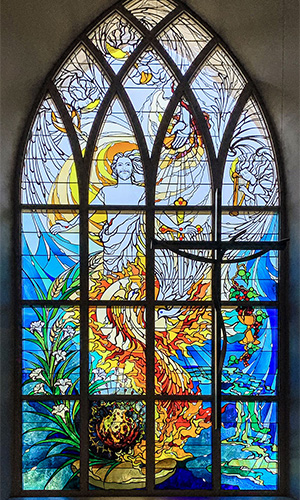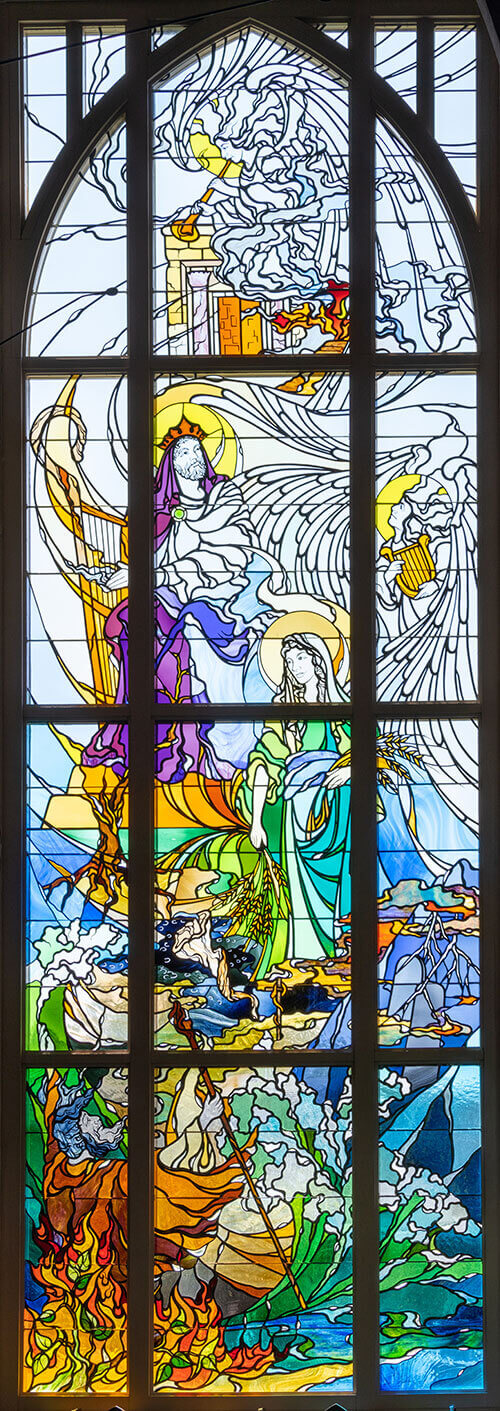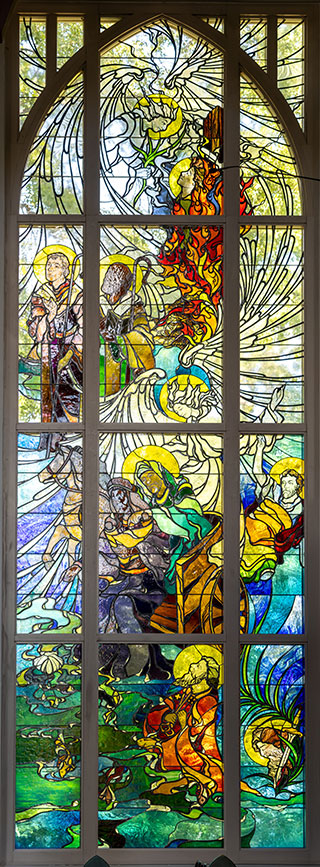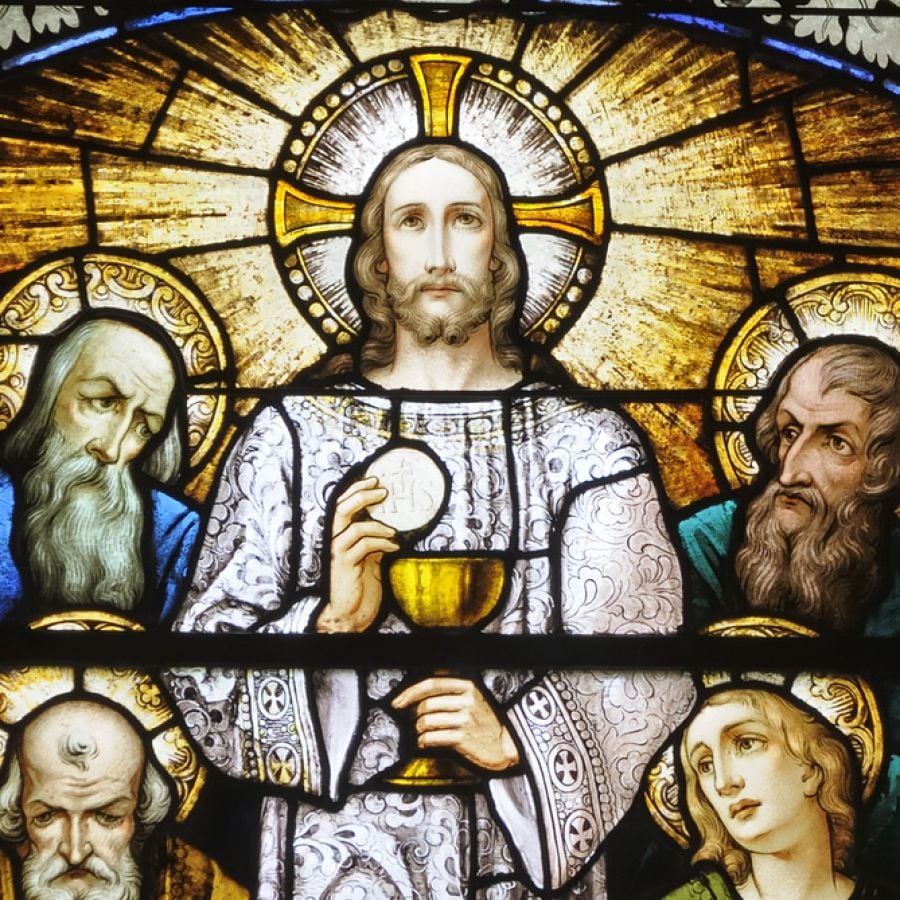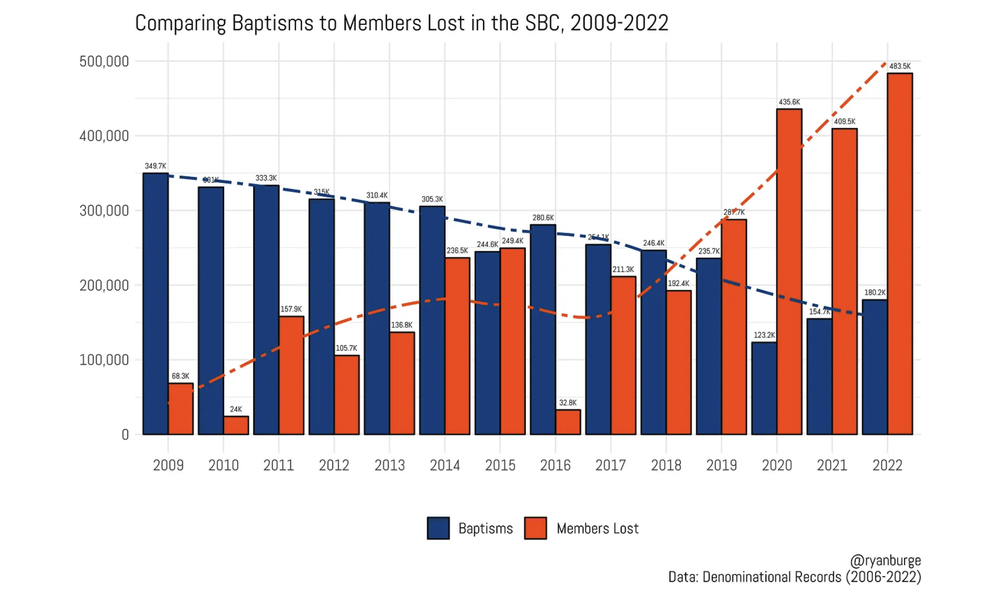There is much that happens in a Lutheran Church on a Sunday morning. Some of it is old, forgotten by the generations that have passed but restored so that we are walking together with our fathers in the faith. Some of it is new, a disconnect with our past in favor of an embrace of the now we see and hear all around us. Some of it is a mix of old and new things designed to fit preferences, tastes, and likes of as many as can be satisfied. Some of it is worse. Some of it is the betrayal of one, holy, catholic, and apostolic faith and the abandonment of any resemblance to the Church that Jesus Christ established by His blood. The burden is upon you to make sure you know what is going on in the Lutheran Church where you attend. Does this congregation preach and teach the whole counsel of God's Word? Does it reflect the Confessions that are its official doctrinal standard? Does it confess the creeds that identify with the orthodox confession of who God is and what He has done? Does the music of that liturgy reflect what is believed in these confessions and this creed?
We are so tempted to judge a church by the warmth of the welcome we receive or the amenities in the building or the location of convenient parking or the lack of boredom in the worship life. We must stop paying attention to these things and focus on the one thing needful. If you do not recognize the God who is being worshiped or do not hear faithfulness to Scripture and Confession in the preaching and teaching, walk away and find a Lutheran Church that is faithful. If you encounter some of the craziness that has its source in culture and society in place of the Word of the Lord that endures forever, run and do not walk to the nearest Lutheran Church which has not been infected with the spirit of this age in place of the Spirit of God.
Sometimes you can make a judgment on the basis of that congregation's identity. Everyone in the world knows that the ELCA is a different kind of Lutheran than Missouri or Wisconsin. Even that, however, does not guarantee that the faith is orthodox and the congregation trustworthy. Do diligence and scratch below the surface. Make sure that you know what you are getting into, whose care you are trusting your children, and if there is any gospel at all to comfort your guilty conscience or promise you life stronger than death. A couple of these videos have been making the rounds. Look at them. Listen to them. This is not the Lutheran Church of any recognizable Lutheran Confessions. This is not the faith once delivered to the saints that is being preached or taught. This is not the Divine Service in which God is center and God is delivered His gifts of forgiveness, life, and salvation to His people. You may think that people like me are just stirring up trouble or that the differences between us as Lutherans are not that great. Think again. There is everyday and, in particular, every Sunday, a battle for the heart and souls of God's people and the combatants are those who hold to the faith yesterday, today, and forever the same and those who have Sparkle Creeds and woke moments of self-expression. Mark the difference. If you love your family and value the truth that sets you free, mark these divisions among us for those you care about and for the stranger who just might presume this is the legitimate face of Lutheranism. And just remember this. The people in the videos below are proud and happy with what goes on there and so are the ones who might be down the street from where you live.







